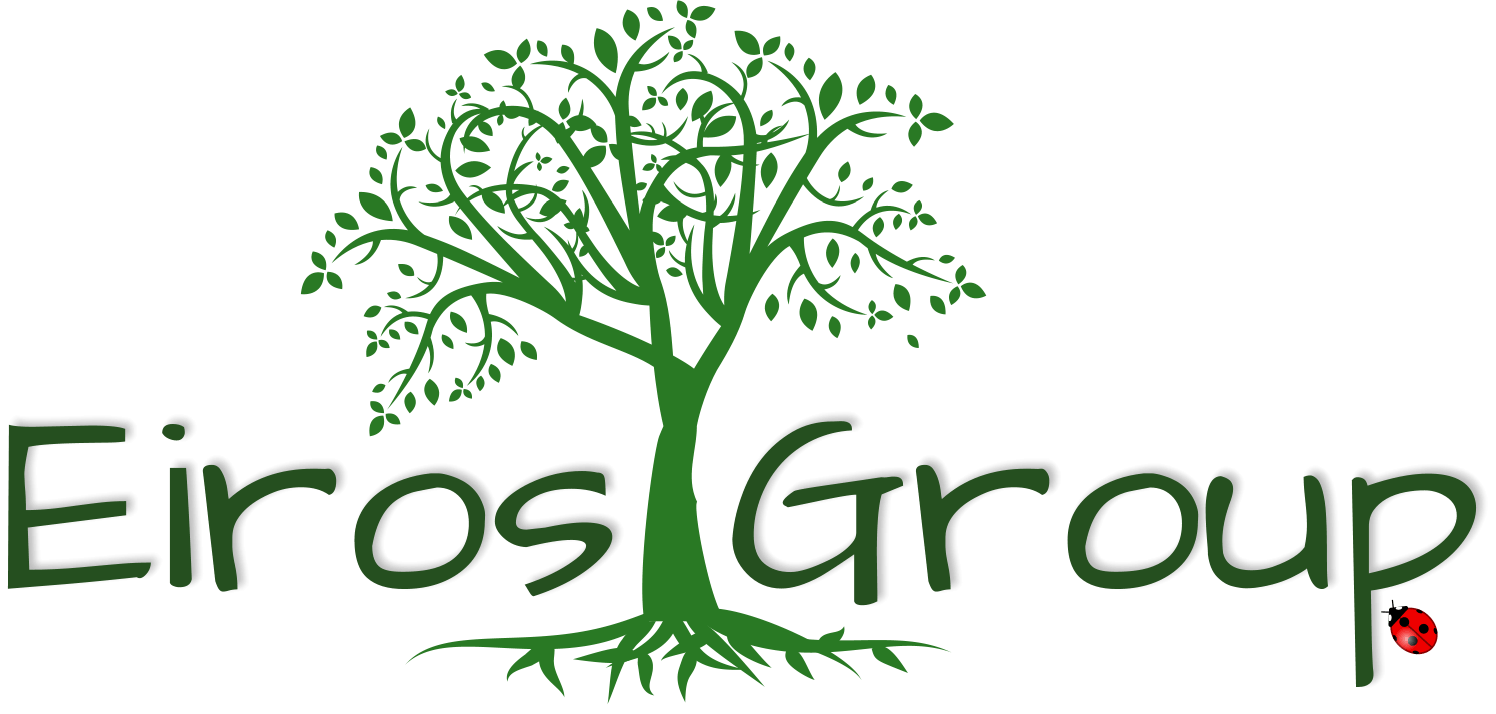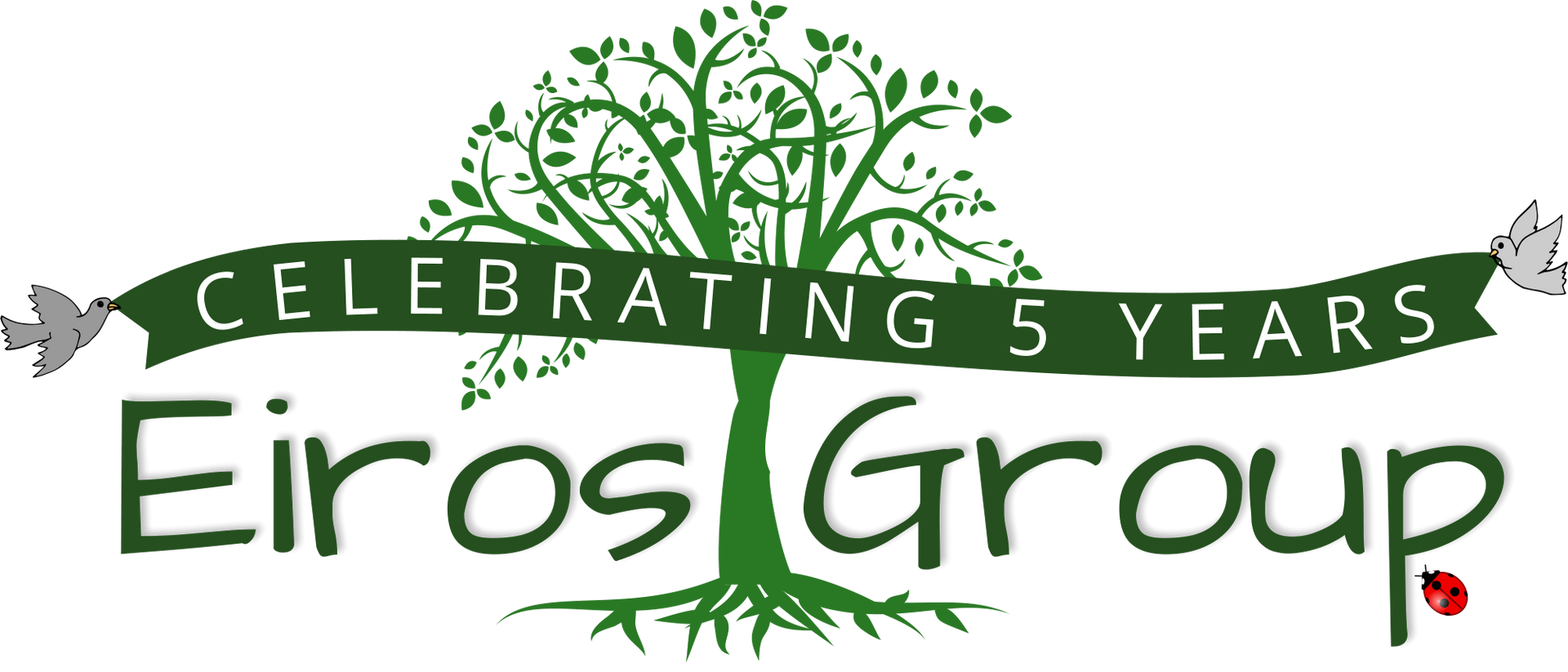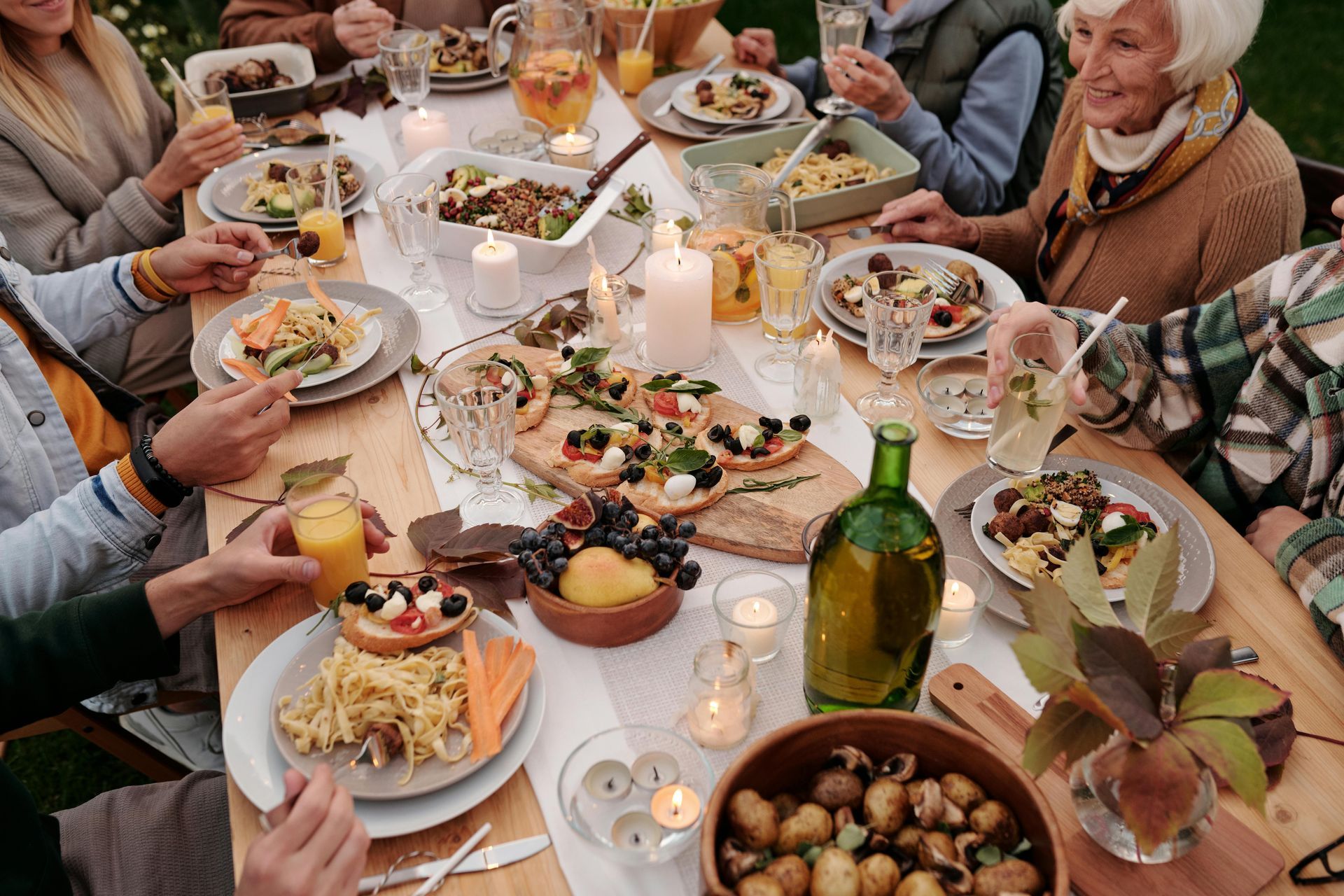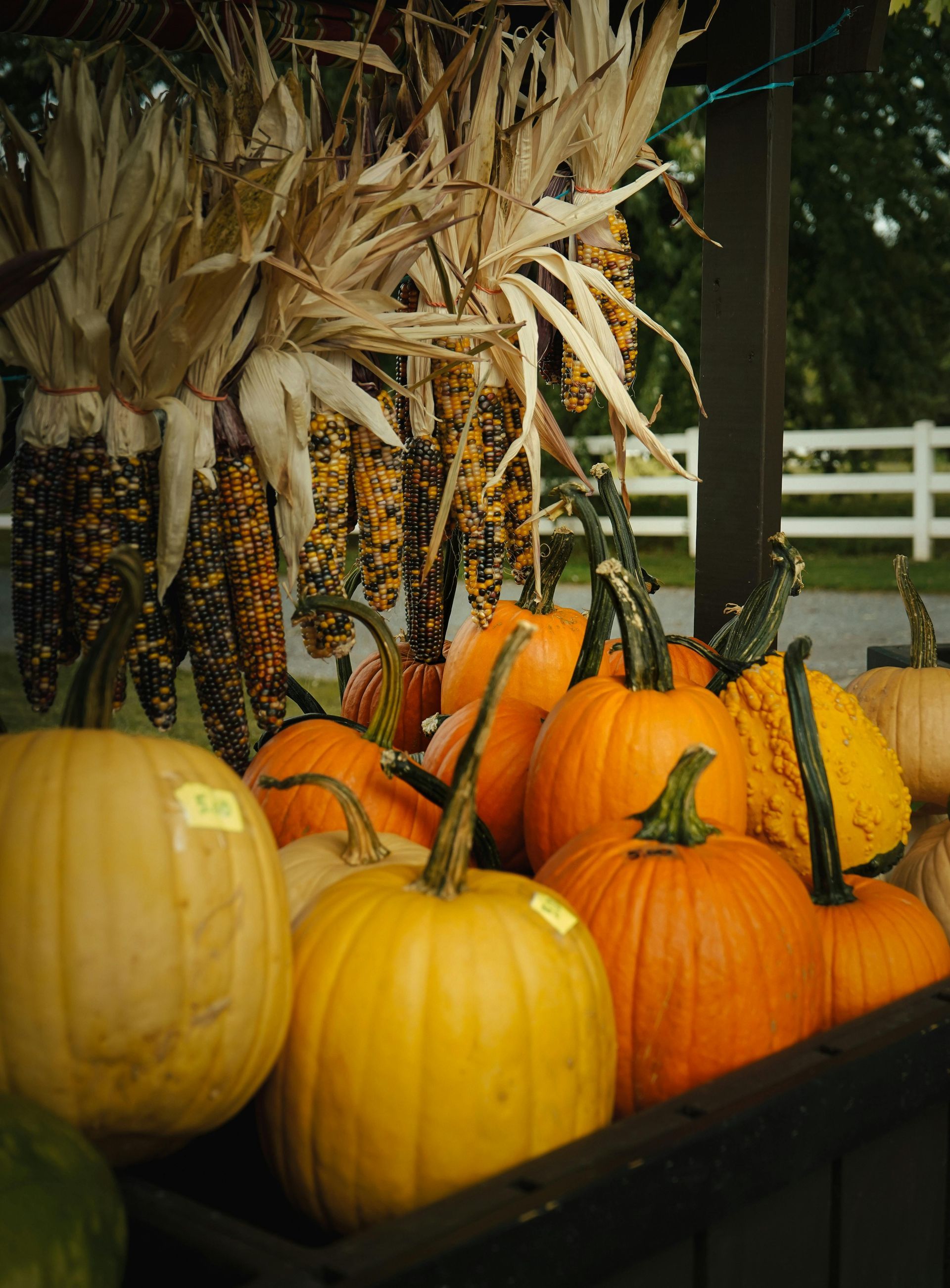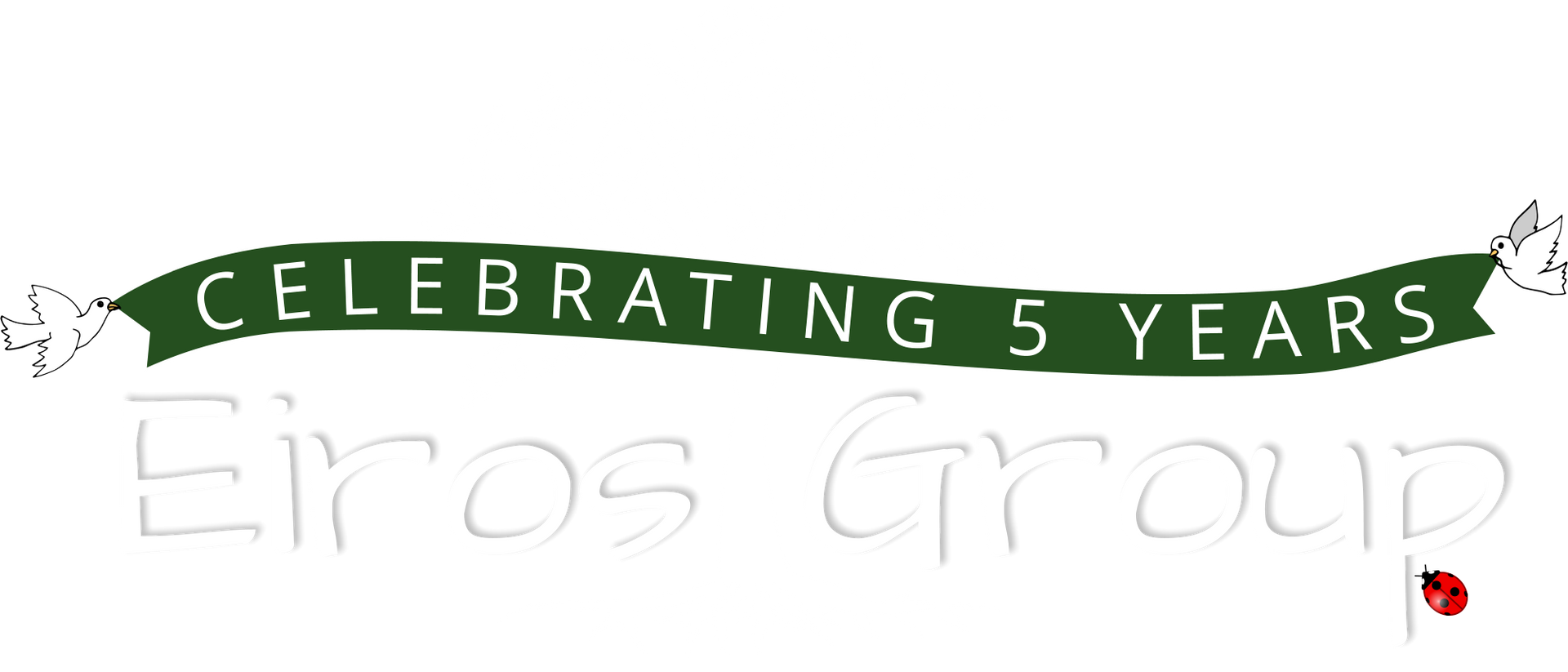Tales from the Crip
Tales From The Crip
Guest Commentary by Colleen
After some time on the affordable housing waiting list, last year, a fantastic apartment became available. It is more luxurious than I deserve and perfect in almost every conceivable way, except...it's on the top floor of the building. As a wheelchair user, all the what ifs and possible emergency situations have been playing on repeat in the back of my mind; like horrible elevator music on a never- ending loop...until last week. Heavy rains inundated the elevator shafts of my building, leaving them out of service for several days.
Rearranging my schedule, meetings, support services, and regular errands became my singular focus. But how do I get to necessary medical appointment? You all the fire department and have a team of firefighters carry you and your 400lb chair down six flights of stairs.
Check…a fear no longer!
Here's the thing though; people with disabilities and their loved ones spend inordinate amounts of time negotiating simple tasks like getting out of the house, every… single… day! This incident reminded me just how much time and energy I spend getting from one end of the day to the other. Dealing with what's right in front of me occupies a phenomenal amount of brain space.
Sometimes I really wonder when people call disabled people lazy? Do they have any idea how much work the minutia of life takes? Even for those of us who are lucky enough to have great support, "crip time" is real.
I wish, with a burning fire, that as community we all prioritized, invested in, and advocated to make the bare basics that many take for granted available to everyone: housing, food, healthcare, transportation, etc. In addition to convening, studying, writing, and talking about what big picture best lives might look like; we need to be devoting equal amounts of time and energy addressing access to these basics. Why? They are the foundation on which best lives are built. People, no matter their circumstance, innately know how to be free. Remember and imagine the brilliance that has and will continue to come from people when they don’t have to spend so much energy on staying alive! I think of this often for all of us- it keeps me up at night!
Imagining a bold future for myself, the people I care deeply about, and our community as whole, feels impossible most of the time. It's also true in many cases, that we are more wildly imaginative than our nondisabled peers. Imagination is one of the beautiful tools we employ to survive; often subconsciously. Yet, when thinking about futures discretely, consciously, with purpose and intention; I struggle mightily. Instead of imagining the possibilities that might lie ahead, I'm frequently consumed...ridiculously so...on the here and now only. And as a result, I get stuck there; there's no room for future planning.
Person Centered Planning tools are helpful to operationalize big picture thinking. As I write this, I am in the most stable, safe, and secure housing situation of my life; thanks to the unwavering support of friends much more tenacious and knowledgeable than I. An amazingly positive transition for sure. But this year and likely next will be a massive, messy adventures as I work to acclimate to this new mental spaciousness, reduce my cortisol levels, rearrange of my nervous system and build on the security of having adequate, affordable and secure housing. It is such a blessing to not have to worry about my housing situation every day! Holding and making space for people and their families, as they shed some hypervigilant, needs based ways of surviving as they plan for the future is incredibly important. Without acknowledging that both the present and emergent futures need nurturing and support, we do a disservice to everyone involved in the person-centered planning process.
The ways I think of, define, and imagine the future seems comparatively shortsighted when I hear about the wants, hopes, dreams of folks who, thankfully, don’t need to begin their future planning process on securing the basics they need to get through the day.
I like to imagine a future where people with disabilities live in places we can comfortably call home on our own terms.
Yes, everyone's starting point for future planning is different, but l wonder what the world would look like if everyone's basic needs were met and we all had the time and space to imagine our best lives AND then be supported to achieve them!
